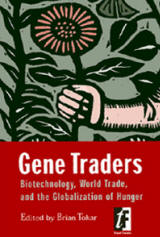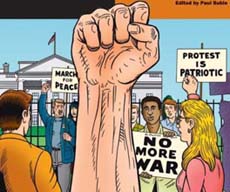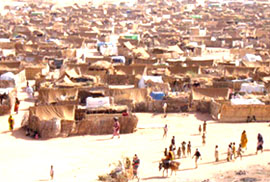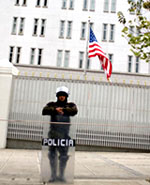
Superdelegates: The Undemocratic Ways of the Democratic Party
With the Democratic Party presidential nomination race in a dead heat between Obama and Clinton, everyday party members are getting an education on the behind-the-scenes business of electing a president. Whether you're supporting Clinton, Gravel, or Obama, recent disclosures and discussions about the role played by superdelegates should disturb every member of the Democratic Party.





